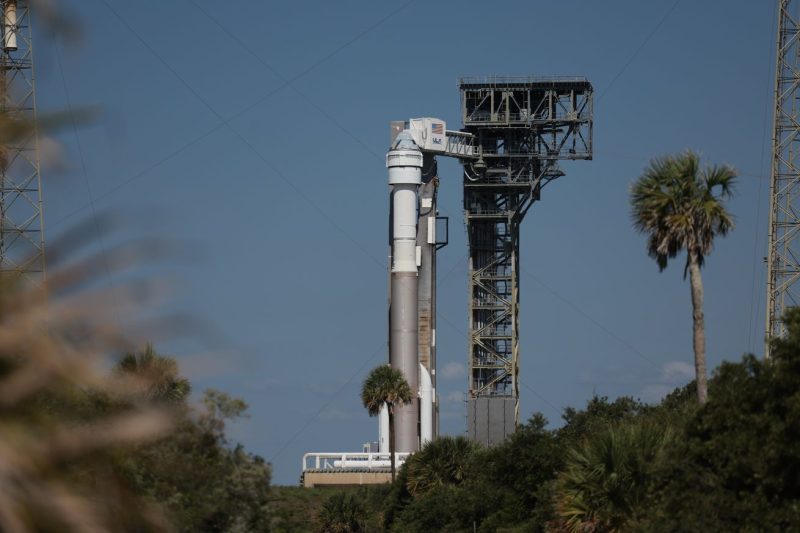Boeing’s First Crewed Starliner Launch Delayed Again Over Computer Issues
The highly-anticipated and long-awaited launch of Boeing’s first crewed Starliner spacecraft has once again been delayed due to computer issues. The delay marks another setback in Boeing’s efforts to send astronauts to the International Space Station (ISS) aboard their own spacecraft.
The Starliner spacecraft was initially developed as part of NASA’s Commercial Crew Program, which aims to develop new spacecraft capable of transporting astronauts to and from the ISS. Boeing’s Starliner, along with SpaceX’s Crew Dragon, was selected by NASA to provide commercial crew transportation services to the ISS.
However, the road to the first crewed Starliner launch has been fraught with challenges and delays. The latest setback comes as a result of issues with the spacecraft’s computer systems, specifically related to the valves that control the thrusters used for in-orbit maneuvers.
Boeing had originally planned to launch the first crewed mission of the Starliner spacecraft in 2020, but a series of technical issues and testing failures have pushed the launch timeline back multiple times. This latest delay further underscores the complexity and challenges involved in developing and launching crewed spacecraft.
In response to the computer issues, Boeing has stated that they are working diligently to address the problem and ensure that the Starliner spacecraft is ready for a successful launch. The company is conducting thorough reviews and tests to identify and rectify the underlying causes of the computer problems.
NASA has expressed its support for Boeing’s efforts to resolve the issues with the Starliner spacecraft, emphasizing the importance of ensuring the safety and reliability of crewed space missions. The agency is closely monitoring the situation and will continue to work with Boeing to address any technical challenges that may arise.
Despite the setbacks and delays, both Boeing and NASA remain committed to the goal of launching the first crewed Starliner mission as soon as possible. The success of the Commercial Crew Program is crucial for the future of space exploration, as it will enable the United States to once again send astronauts to the ISS using its own spacecraft.
As the aerospace industry continues to push the boundaries of human spaceflight, challenges and setbacks are an inevitable part of the process. The delays in the Starliner program serve as a reminder of the complexities and risks inherent in developing and launching crewed spacecraft, but also highlight the dedication and perseverance of the teams working towards this monumental goal.
In conclusion, while the latest delay in the launch of Boeing’s first crewed Starliner spacecraft is disappointing, it is a necessary step in ensuring the safety and success of future missions. By addressing and resolving the computer issues, Boeing is taking a proactive approach to guaranteeing the reliability of the Starliner spacecraft for crewed spaceflights. NASA and Boeing’s collaborative efforts will continue to pave the way for the next generation of human space exploration.




























